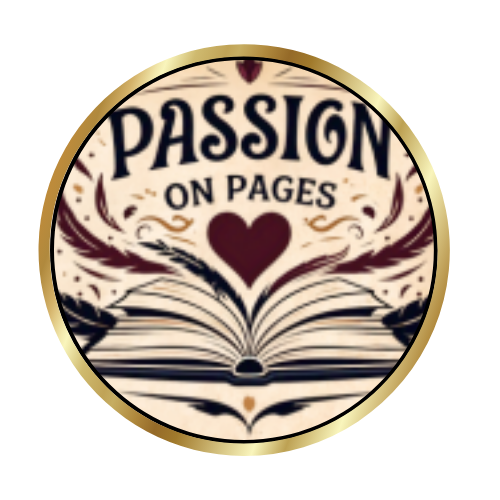Allow passiononpages to send web push notifications to your device.

Artificial Intelligence (AI) and Machine Learning (ML) have transformed the way content is created, edited, and optimized. With AI-powered writing tools, writers, marketers, and businesses can now generate high-quality content more efficiently than ever before. From automating content generation to enhancing creativity, AI is reshaping the creative process in profound ways.
How AI-Powered Writing Tools Are Revolutionizing Content CreationAI-driven content generation tools like ChatGPT, Jasper AI, and Copy.ai use Natural Language Processing (NLP) to create well-structured and engaging content. These tools can generate:
By leveraging machine learning algorithms, these AI tools analyze vast amounts of data to produce relevant and high-quality content in seconds.
2. Grammar and Style EnhancementEditing and proofreading are essential parts of the writing process. AI-powered tools like Grammarly, Hemingway Editor, and ProWritingAid help writers refine their content by:
These tools save time and ensure that written content is polished and professional.
3. AI for Research and Fact-CheckingWriters need accurate data to create credible content. AI tools like Elicit and Perplexity AI assist with:
This speeds up the research process and enhances the quality of information presented in articles and reports.
The Impact of AI on the Creative ProcessAI-powered writing assistants help generate ideas, outlines, and prompts, making it easier for writers to get started. These tools suggest creative directions, allowing writers to focus on refining their message.
2. Personalization and Adaptive WritingAI can analyze audience behavior and preferences to create personalized content. In marketing, AI-driven platforms like Surfer SEO and Clearscope optimize content for search engines and user engagement.
3. Ethical Considerations and Human CreativityDespite AI’s capabilities, human oversight remains essential. AI-generated content must be reviewed for accuracy, originality, and ethical concerns such as plagiarism and bias. Writers must balance AI assistance with authentic storytelling to maintain creativity.
The Future of AI in WritingAI-powered writing tools will continue to evolve, offering advanced features such as:
✅ Real-time content optimization
✅ AI-driven storytelling and scriptwriting
✅ Multimodal content creation (text, image, and video integration)
While AI enhances efficiency, human creativity, emotional intelligence, and ethical decision-making will always be irreplaceable in the writing process.
ConclusionAI-powered writing tools are revolutionizing the creative process by improving efficiency, personalization, and content quality. Writers and businesses that embrace AI will gain a competitive edge, but maintaining authenticity and originality is crucial. The future of writing lies in collaborating with AI to enhance creativity, not replace it.
🚀 Embrace AI, refine your craft, and shape the future of content creation!